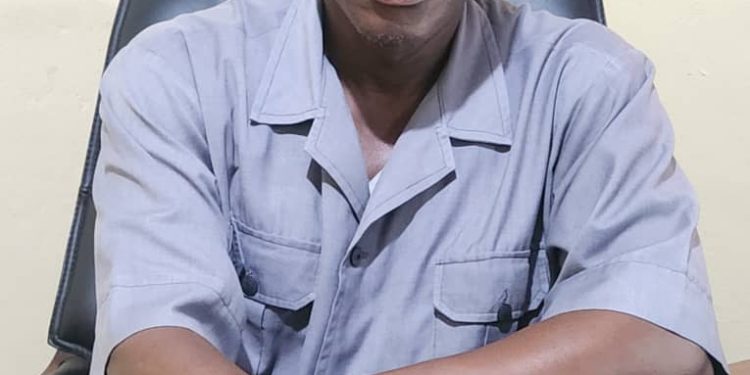Professor Juana Paul Moiwo, Director of Research and Development at Njala University, has shared insights into his academic journey and leadership experience in a compelling discussion aimed at inspiring the university community. His reflections, delivered during an interview, highlighted personal milestones and outlined a progressive roadmap for institutional research growth.
Professor Juana Paul Moiwo, an outstanding academic with deep international exposure, spent eight years at the renowned Chinese Academy of Sciences — China’s foremost research institution — before returning to Sierra Leone. “I worked with the Chinese Academy of Sciences, the highest research body in China,” he noted, reflecting on a tenure that shaped his research philosophy and commitment to academic excellence.
In 2015, he joined Njala University as a Lecturer I in the Department of Agricultural Engineering. His expertise and passion quickly elevated his reputation within the university, earning him successive promotions. By 2025, he had risen to the rank of Associate Professor, achieving the highest evaluation score in the country — a testament to his scholarly distinction and mentorship.
Beyond the classroom, Prof. Moiwo has played critical leadership roles. In 2018, he was appointed Dean of the School of Technology, where he led major reforms in academic programming and research engagement. His tenure emphasized practical innovation, modernized curricula, and strengthened academic collaborations across disciplines and institutions.
In 2022, he was appointed Director of Research and Development, positioning him to spearhead Njala University’s research strategy. Under his guidance, the Directorate has prioritized research funding acquisition, international partnerships, and a stronger research culture. His goal is to transform Njala into a leading research hub in West Africa.
Central to this transformation is the adoption of the SPIRAL GROWTH MODEL, a strategic framework the Directorate now uses to drive continuous growth. The model starts by defining a clear VISION, followed by setting a realistic MISSION, developing a feasible METHOD, and achieving tangible RESULTS. Once one mission concludes, another builds on its outcomes, creating an upward spiral of development and innovation.
Director Moiwo believes this model aligns with the evolving needs of the university and its role in national development. He emphasized that each new mission draws from previous successes, creating an organic, cumulative momentum that propels the institution forward. This approach, he argues, ensures sustainable academic growth and operational excellence.
Concluding his remarks, Director called for greater institutional and stakeholder support for research and innovation. He urged investment in young academics and the creation of enabling environments for impactful research, stressing that only through strategic vision and sustained commitment can Njala University realize its full potential.
Credit: Public Relations Unit, Njala University













